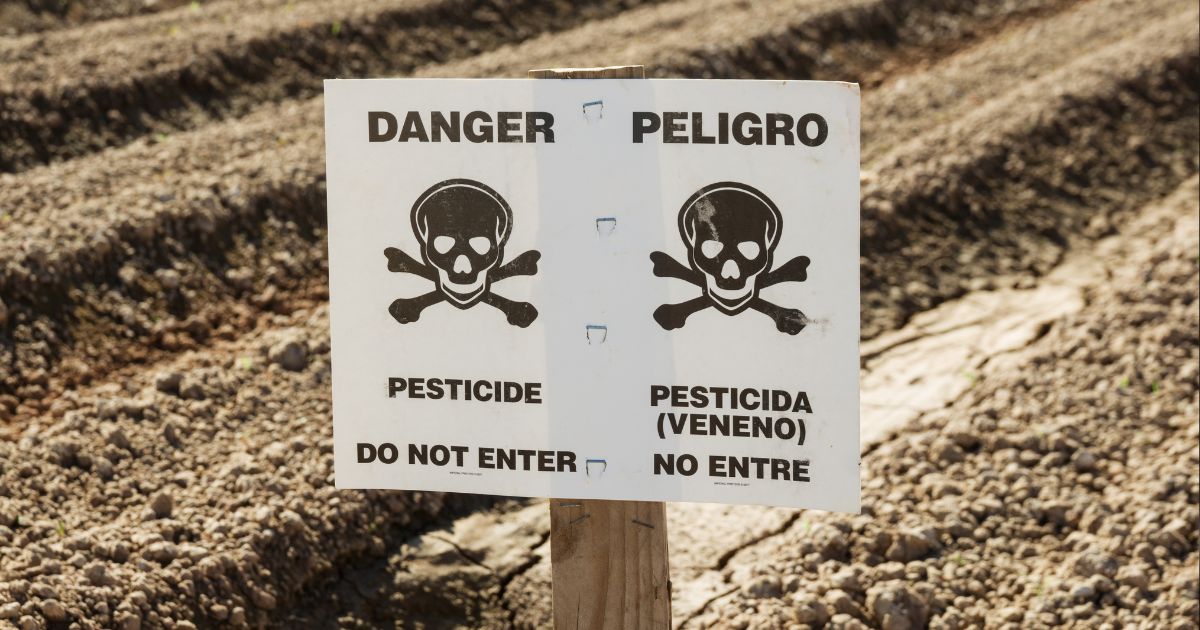MENU
- Home
- Overview
- Attorneys
- Practice Areas
- Firm News
- Blog
- Contact

Pesticides encourage plants to grow by controlling unwanted insects and weeds. People who work with pesticides may inhale or absorbs these chemicals through the skin. Even if you do not make or use these substances, it is nearly impossible to avoid contact with them entirely. Pesticides are probably used in your community, your school, and the places you shop, eat, and enjoy the outdoors. The general public is exposed to pesticide residue in fish, meat, and produce.
There are hundreds of different substances used as pesticides worldwide. Some have been identified as carcinogens, meaning there is evidence suggesting they cause cancer. Others are suspected of causing cancerous changes in the body. The risk of others is unknown and requires more research.
With so many different pesticides in use, evaluating every chemical will take time. Yet, as we have seen with some products, that research comes too late for individuals living with cancer.
Consider the widely-used weed killer Roundup. In 2015, the International Agency for Research on Cancer (IARC) determined that glyphosate, a key ingredient in Roundup and other wisely-used pesticides, is a probable cancer-causing substance. The IARC cautioned that anyone who comes in contact with glyphosate pesticides should be concerned about toxic exposure to this substance. That warning came years after the United States Environmental Protection Agency (EPA) asserted that glyphosate was safe for humans.
To date, thousands of lawsuits have been filed linking Roundup to non-Hodgkin’s lymphoma, with some plaintiffs winning significant awards against Bayer/Monsanto. Bayer bought Monsanto and has assumed the legal burden of fighting ongoing pesticide litigation.
There are things you can do to limit pesticide exposure and lower your risk of cancer and other health problems going forward.
Based on a systematic review of the health effects of pesticides published in the National Library of Medicine, public health experts recommend decreasing pesticide use for cosmetics, non-commercial purposes, around children, and at work. Much of that responsibility lies with the companies that produce our foods and consumer goods.
There are also some steps you can take to reduce the use of potentially harmful chemicals. First, whether you are controlling insects, mold and mildew, or weeds, choose your products carefully. Use the appropriate chemical for the job, and do not use more than the suggested amount.
Never use pesticides around children and animals. If possible, use non-chemical methods whenever possible. Washing fruits and vegetables before eating helps to remove some pesticide residue as well. Choose to buy from companies using alternatives to chemical pesticides when you can.
If you were diagnosed with cancer and believe it was caused by exposure to toxic pesticides at home or work, you may have grounds to file a civil claim. A consultation with a lawyer who focuses their practice on environmental toxic tort claims is the best place to start.
It is important to save any evidence related to your case, especially your medical records and documentation regarding the use of chemicals where the exposure occurred.
Our schools, jobs, and neighborhoods should not make us sick. Our Wilmington environmental lawyers at Jacobs & Crumplar, P.A. proudly fight to obtain justice for clients impacted by hazardous chemicals. Call us at 302-656-5445 or contact us online to schedule a free consultation. Located in Wilmington and Millsboro, Delaware, we assist clients in Dover, New Castle County, and Sussex County.